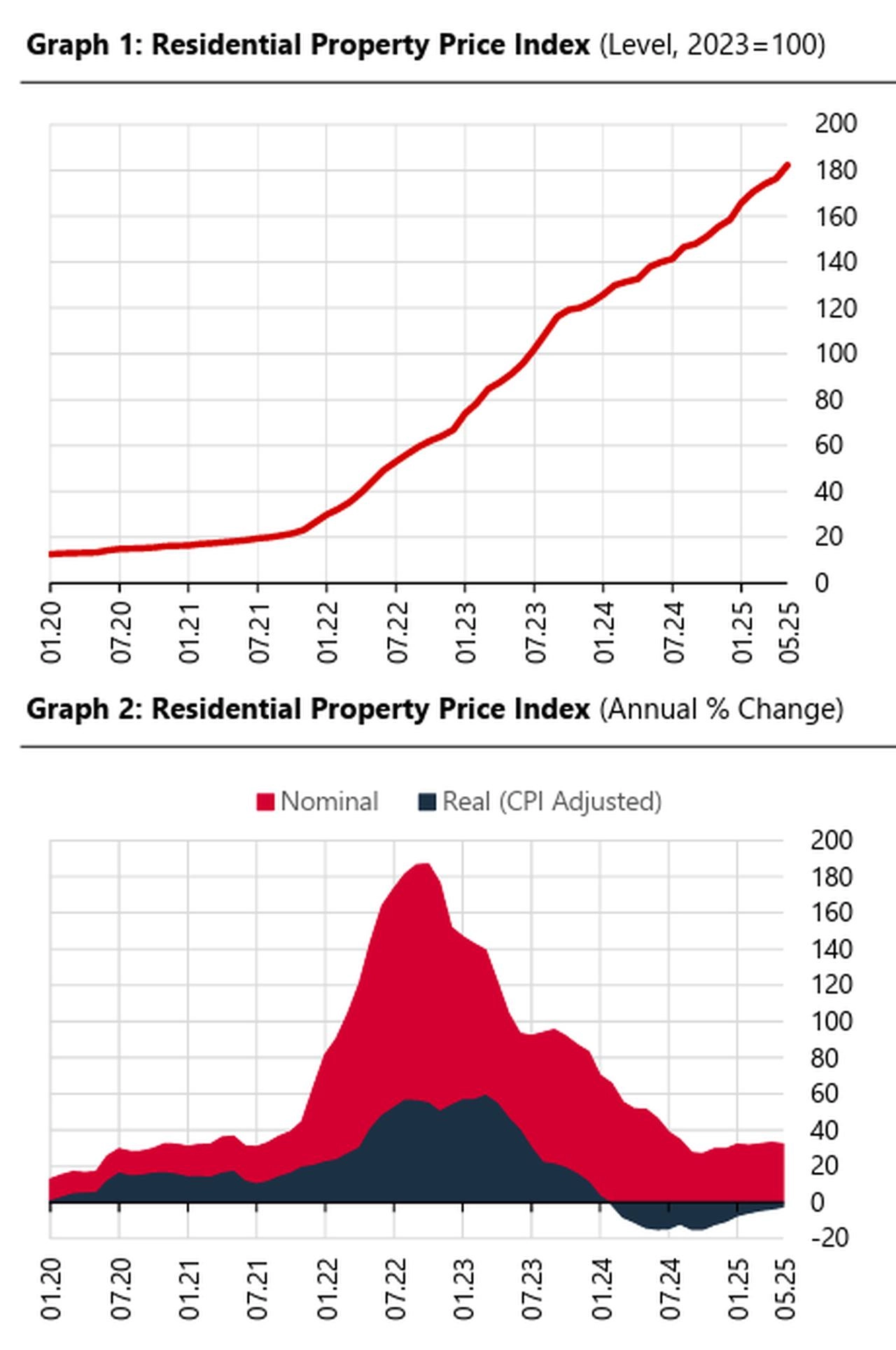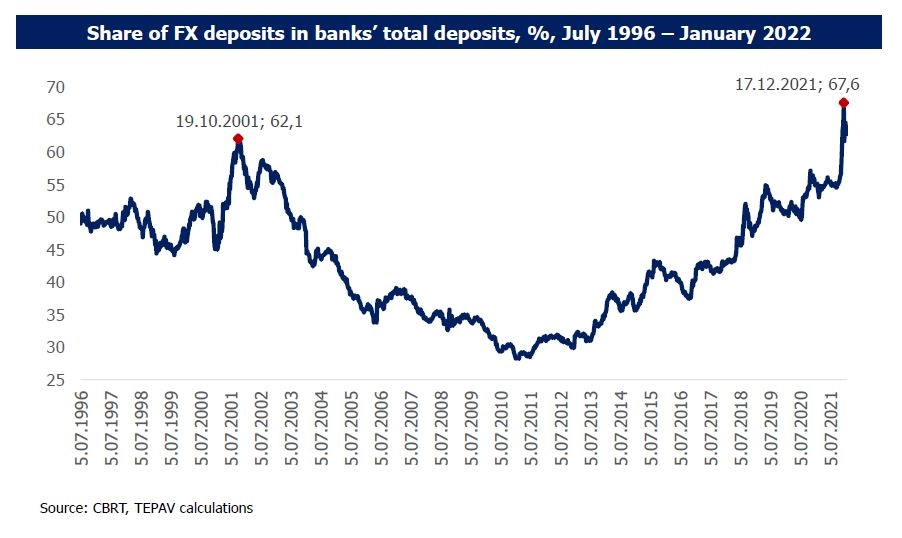What is driving the sudden shift in Istanbul's housing market? Why are investors and homebuyers paying close attention to the latest trends? How can you capitalize on these changes? Istanbul, Turkey's economic and cultural hub, is witnessing a transformative phase in its real estate sector. From regulatory changes to shifting demand patterns, the market is evolving rapidly. This article explores the key factors shaping Istanbul's housing market and what they mean for buyers, sellers, and investors.
1. The Current State of Istanbul's Housing Market
Istanbul's real estate market has long been a focal point for both local and international investors. However, recent economic conditions, government policies, and demographic shifts have introduced new dynamics. The city's population growth, coupled with urbanization, continues to drive demand for housing. At the same time, rising construction costs and inflation are impacting property prices.
For example, districts like Beylikdüzü and Çekmeköy have seen significant price increases due to infrastructure developments and improved transportation links. Meanwhile, central areas like Beşiktaş and Kadıköy remain highly sought after despite higher price tags. Understanding these trends is crucial for making informed investment decisions.

2. Government Policies Shaping the Market
Why are new regulations playing a pivotal role in Istanbul's real estate sector? The Turkish government has introduced several measures to stabilise the market and encourage homeownership. These include tax incentives for first-time buyers, reduced transaction fees, and mortgage rate adjustments. Additionally, urban renewal projects are revitalising older neighbourhoods, creating new investment opportunities.
A practical example is the Kentsel Dönüşüm (Urban Transformation) project, which aims to replace earthquake-prone buildings with modern, safer structures. This initiative not only enhances living standards but also boosts property values in targeted areas.

3. The Impact of Foreign Investment
How is foreign capital influencing Istanbul's property market? International buyers, particularly from the Middle East, Europe, and Asia, are increasingly investing in Istanbul's real estate. The weak Turkish lira has made properties more affordable for foreign investors, while citizenship-by-investment programs offer additional incentives.
For instance, purchasing a property worth $400,000 or more grants eligibility for Turkish citizenship, attracting high-net-worth individuals. Districts like Başakşehir and Şişli have become hotspots for foreign buyers due to their luxury developments and strategic locations.

4. Emerging Neighborhoods to Watch
Which areas in Istanbul are poised for growth? While established districts remain popular, emerging neighborhoods offer untapped potential. Areas such as Esenyurt, Büyükçekmece, and Sancaktepe are gaining traction due to affordable prices and upcoming infrastructure projects.
A real-world example is the Istanbul Canal project, which is expected to boost property values in surrounding districts like Arnavutköy. Investors who identify these growth areas early can benefit from significant appreciation over time.

5. Challenges and Risks in the Market
What obstacles should investors be aware of? Despite the opportunities, Istanbul's housing market is not without risks. Economic volatility, fluctuating exchange rates, and bureaucratic hurdles can pose challenges. Additionally, oversupply in certain segments may lead to price stagnation.
For example, the luxury apartment segment in some districts has seen slower sales due to saturation. Investors must conduct thorough due diligence to mitigate these risks.

6. Future Outlook: What Lies Ahead?
How will Istanbul's housing market evolve in the coming years? Experts predict sustained growth, driven by urbanisation, infrastructure projects, and foreign investment. However, market dynamics may shift based on economic policies and global trends.
For instance, if the Turkish lira stabilises, property prices could rise further, affecting affordability. Investors should stay agile and adapt to changing conditions.

In conclusion, Istanbul's housing market is entering a new era marked by transformation and opportunity. By understanding the key drivers—government policies, foreign investment, and emerging neighborhoods—investors can make informed decisions. Whether you're a first-time buyer or a seasoned investor, staying ahead of trends is the key to success in this dynamic market.






